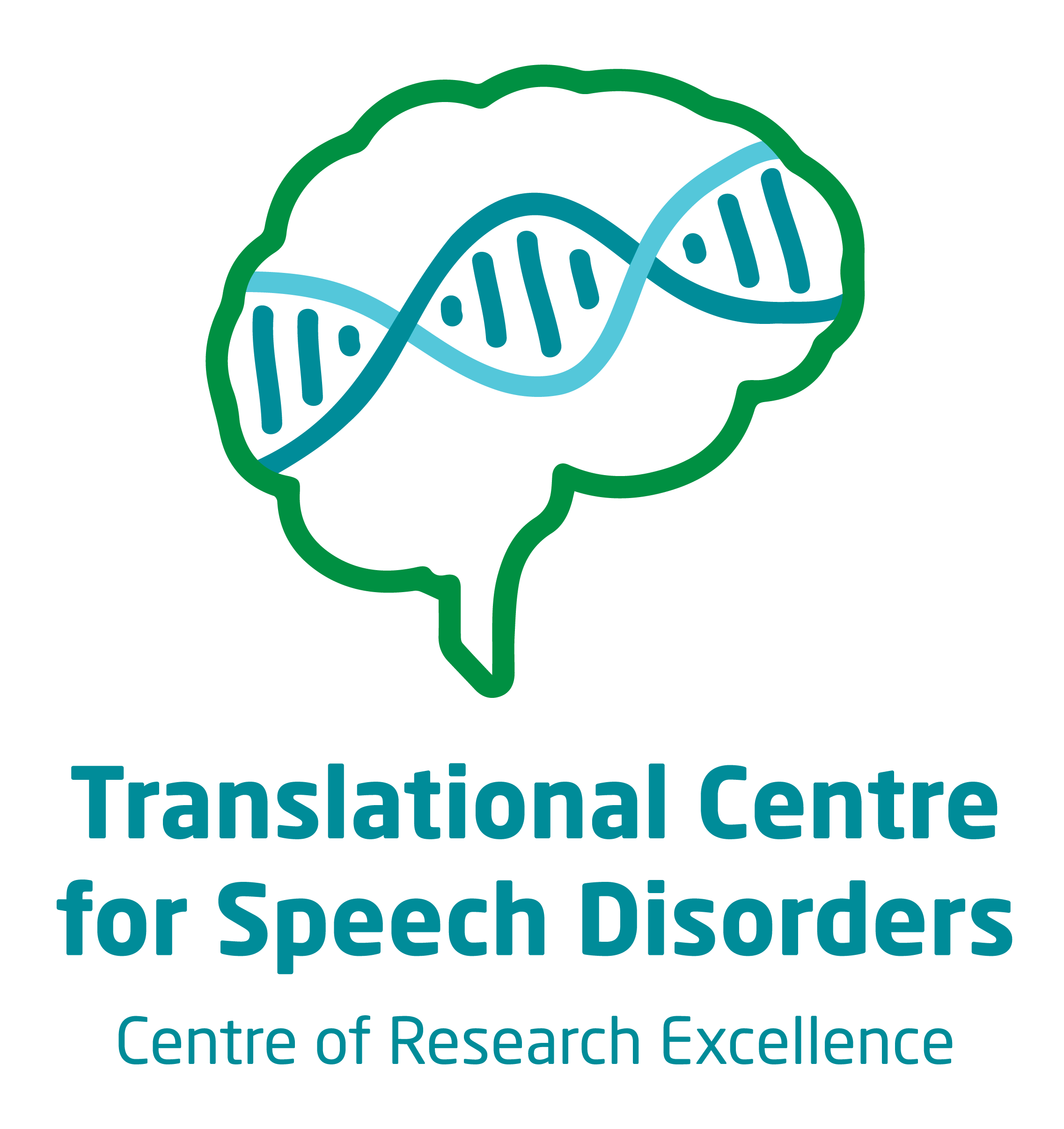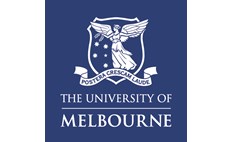What causes Childhood Apraxia of Speech?
Unfortunately, we often do not know what causes CAS. We know that something interferes with messages getting from the brain to the mouth muscles, but we do not always know why. CAS may be caused by genetic changes. Some gene changes we can identify but others we don’t know yet. There have been over 30 single genes or ‘monogenic’ conditions shown to cause CAS (e.g., FOXP2-related speech and language disorder; CDK13-related disorder; SETBP1- haploinsufficiency disorder). There are also chromosomal level disruptions that can involve more than one gene which are also associated with CAS (e.g., 16p11.2 deletion; Koolen de Vries syndrome) (Eising et al., 2019; Hildebrand et al., 2020; Kaspi et al., 2022). Children with these conditions usually have other health, development, or cognitive difficulties. In a small number of cases, CAS is caused by a problem breaking down the simple sugar galactose (this condition is typically detected in the first months of life). In a small number of cases, CAS is caused by damage to the brain from an injury or stroke.
Learn more about our pharmaceutical trial for Childhood Apraxia of Speech.







